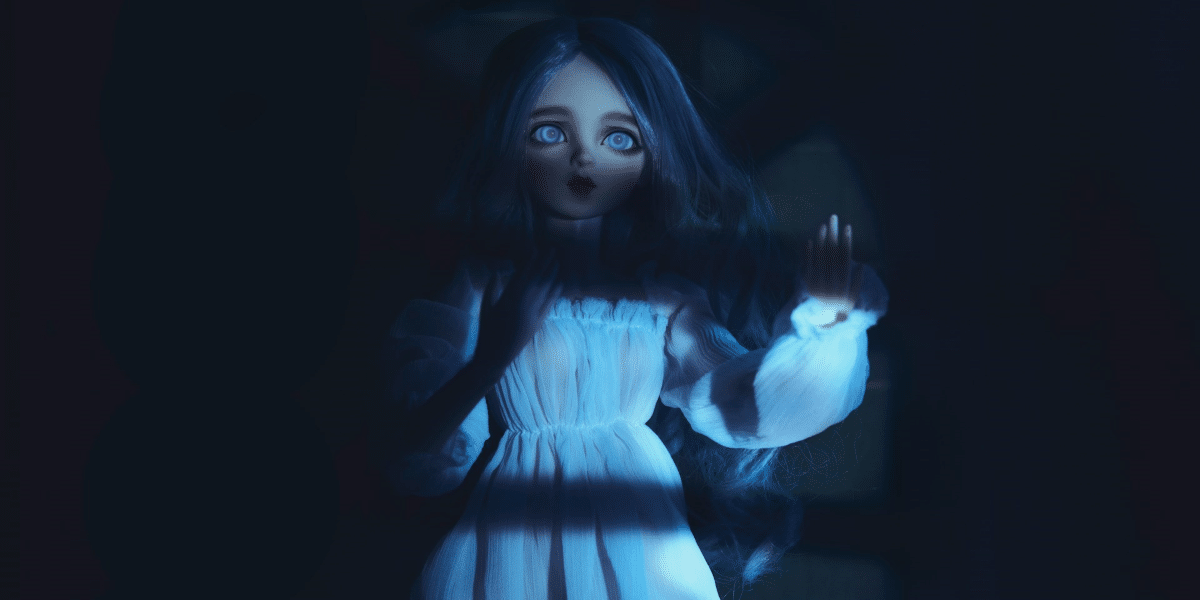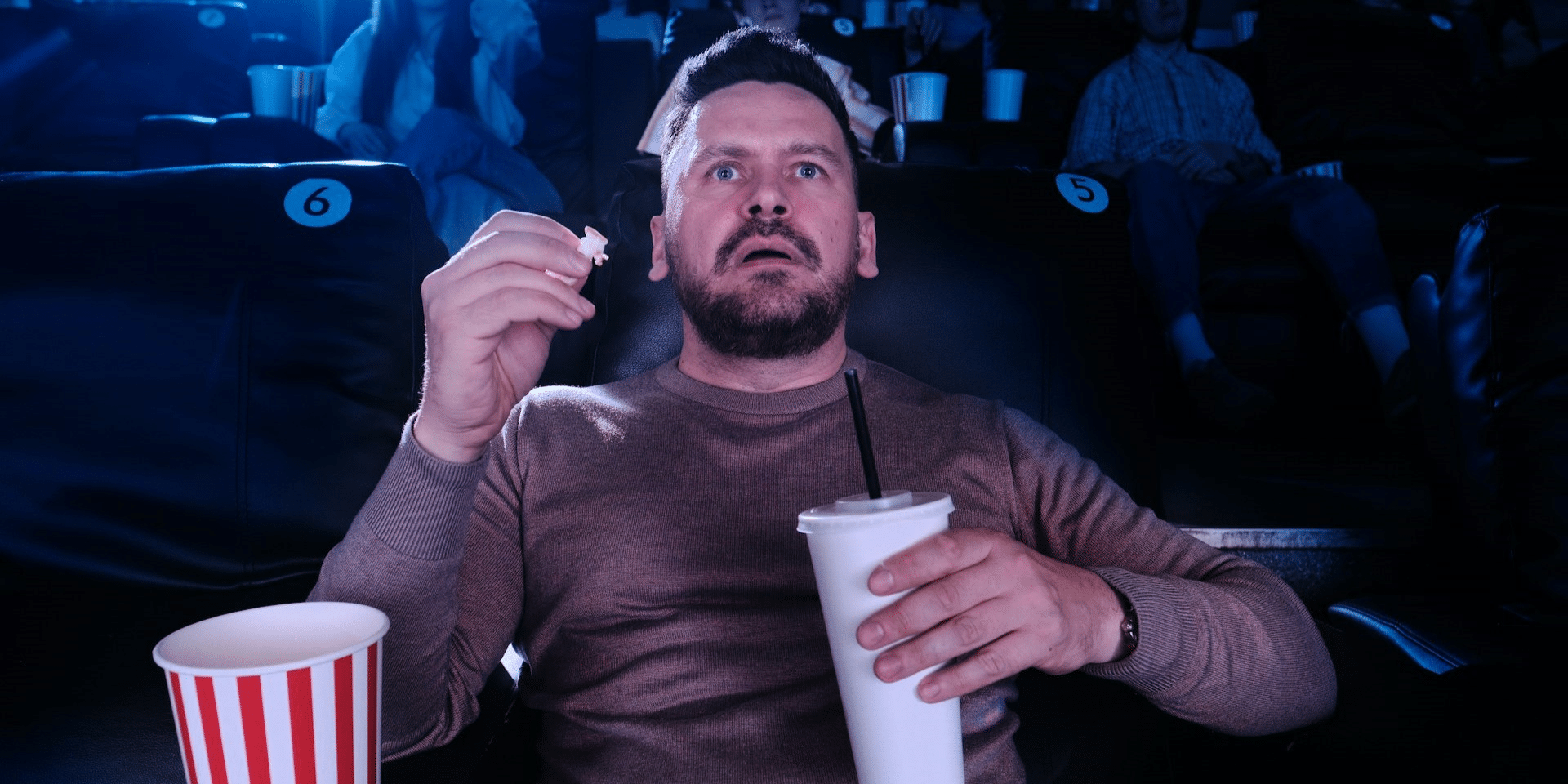Crime films grip us with their high-stakes chases, dramatic courtroom scenes, and thrilling detective work. But how much truth is there behind the flashy suits and witty one-liners? The reality is, crime films often take liberties with accuracy in their pursuit of entertainment. While some subgenres, like historical crime dramas, strive for a degree of realism, many prioritize drama and suspense over factual accuracy. This can lead to a significant disconnect between the high-octane world of cinema and the slow, methodical pace of real-life investigations.
Consider the iconic image of the lone detective hero, cracking a case single-handedly in a matter of hours. This portrayal couldn’t be further from the truth. Real investigations are collaborative efforts that involve a team of detectives, forensic specialists, and law enforcement personnel. Information gathering is a slow and meticulous process, often filled with dead ends and frustrating paperwork.
The flashy crime scene resolutions we see in movies, with a single piece of evidence leading to a breakthrough, rarely happen in real life. Forensic science is a powerful tool, but it’s not a magic bullet. DNA analysis can take weeks or even months, and other forms of evidence collection can be painstakingly slow. This is just one example of how Hollywood condenses complex processes into bite-sized moments of drama, sacrificing realism for entertainment value.
CSI Doesn’t Live Here: Crime Solving is a Marathon, Not a Sprint
One of the biggest exaggerations in crime films is the lightning-fast pace of investigations. In movies, a detective can crack a case in a matter of hours, piecing together clues at a crime scene and nabbing the culprit by nightfall. A 2021 article by a former police detective stated, “Real investigations are long, tedious affairs, filled with dead ends and paperwork.” Gathering evidence, interviewing witnesses, and forensics all take time – often months, not minutes.
The portrayal of forensic science is another area ripe for exaggeration. Crime scene investigations in films often involve dramatic close-ups of fingerprints and DNA evidence, instantly leading to a breakthrough. In reality, forensics is painstaking and slow. Fingerprint analysis can take weeks, and DNA testing can be expensive and inconclusive.
The interrogation scenes in movies are equally unrealistic. Detectives in films often pressure suspects with aggressive tactics, extracting confessions with a well-timed bad cop/good cop routine. However, real-life interrogations are much more controlled environments, governed by strict protocols to prevent false confessions. They often involve building rapport with the suspect and patiently gathering information, a far cry from the dramatic shouting matches depicted on screen.
The Justice System Shuffle: Courtroom Dramas Take Liberties
Courtroom scenes in crime films are notorious for their dramatic flair. Lawyers deliver impassioned speeches, witnesses give last-minute revelations, and juries reach verdicts in a single episode. The reality of court proceedings is far less glamorous. Trials can drag on for weeks or even months, filled with procedural hurdles and mountains of paperwork.
Dramatic courtroom monologues rarely happen in real life. Lawyers typically present evidence in a concise and logical manner, focusing on facts rather than theatrics. Juries deliberate for hours, sometimes days, carefully weighing the evidence before reaching a verdict.
The portrayal of criminal justice in films often simplifies complex social issues. Movies might portray a clear-cut battle between good and evil, with a satisfying resolution at the end. Real-life criminal cases are rarely so black and white. They often involve underlying social problems, poverty, and addiction, which are not easily solved by putting a bad guy behind bars.
So, Why Do We Keep Watching?
Despite the lack of realism, crime films remain a popular genre. They offer a thrilling escape into a world of danger, suspense, and moral clarity. They allow us to experience the vicarious thrill of the chase, root for the underdog detective, and see justice (however fictional) prevail.
However, it’s important to be aware of the gap between Hollywood and reality. Crime films can be a source of entertainment, but they shouldn’t be mistaken for accurate portrayals of criminal justice. The next time you’re glued to a detective thriller, remember, the real story is likely far less dramatic, but probably a lot more interesting.







